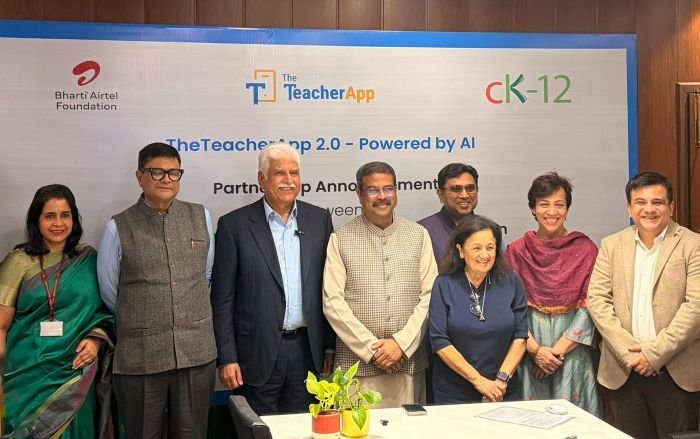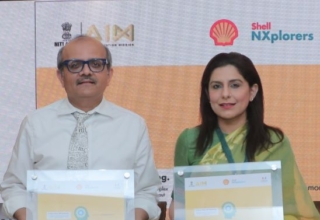
Woxsen University has announced the full-scale implementation of Polaris, an academic model designed to enhance student learning outcomes and employability through structured, resource-efficient reform.
The model has generated interest among universities and policymakers internationally, who are exploring cost-effective strategies for institutional transformation. Woxsen University intends to disseminate insights from Polaris through academic publications, collaborative forums, and policy discussions, contributing to broader discourse on sustainable educational innovation.
At a time when higher education institutions globally face increasing pressure to deliver measurable value while managing operational constraints, Polaris offers a strategic approach that focuses on optimizing existing academic ecosystems without the need for additional capital investment.
Polaris restructures academic delivery through three core areas: industry-integrated learning, where students work on real-world challenges from external partners as part of their coursework; cognitive development, which enhances foundational skills like memory, attention, and creative reasoning through structured, low-cost classroom techniques; and global collaboration, enabling students to engage with international peers on interdisciplinary projects using existing digital platforms. Together, these elements create a dynamic, results-oriented academic model that maximizes impact through efficient use of institutional strengths.
Under Polaris, academic courses have been redesigned to include live industry projects addressing contemporary challenges across sectors such as sustainability, technology, and social impact. Students engage with these assignments as part of their academic requirements, applying theoretical knowledge to practical contexts. Concurrently, structured classroom methodologies are employed to build core cognitive skills including attention, memory, and analytical reasoning—areas often underemphasized in conventional education models. The third component facilitates international collaboration via existing digital platforms, enabling students to participate in interdisciplinary projects alongside peers from partner institutions globally.
Dr. Raul V. Rodriguez, Vice President of Woxsen University, explains the breakthrough thinking behind this approach, “Polaris represents a fundamental shift in how we think about educational value creation. Instead of asking ‘How much can we spend to improve outcomes?’ we asked ‘How can we reimagine learning to deliver exponentially better results with existing resources?’ The answer wasn’t found in expensive technology or expanded facilities, but in the strategic orchestration of human potential. We’re not just preparing students for jobs that exist today – we’re developing the cognitive agility and practical problem-solving skills they need for careers that haven’t even been invented yet. When our students can solve real Fortune 500 challenges as sophomores, we know we’ve cracked the code.”
To ensure that the model delivers measurable outcomes, Woxsen University has implemented data-driven tracking mechanisms. These systems assess student cognitive performance through formal evaluations, monitor industry project adoption rates, and capture employment indicators such as placement success and compensation trends. These metrics inform continuous refinement of the model and provide evidence of its academic and professional relevance.








